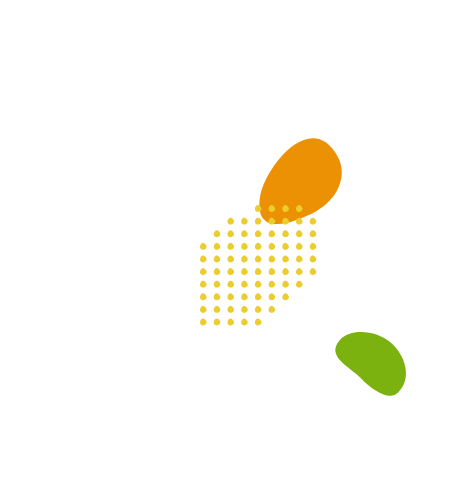News and pubblications
Case Studies
Gemma

GEnotype of maize from Lombardy and microbioma: new perspective to mitigate pathogen fungi effect and adaptation to the climate change.
Duration of the project: 36 months
The maize is a very important crop for Italian agriculture for the high production potential of the crop and for the high nutritional value of the forage. Contamination of cereals by mycotoxins is a food safety problem currently contained through the application of good agricultural practices (BPA) followed by good manufacturing practices (BPF) (Rac CE 583/2006).
The recent increase in temperatures, droughts or prolonged spring rains have favoured the incidence of such contaminations actually which management required the application of low environmental impacts systems. To do so the use of biological control agents was attempt. Some studies have shown that it is possible to isolate endophytic bacteria from wild maize and from ancient and modern maize varieties, and that these bacteria are able to fight various pathogens in vitro, such as F. graminearum through the emission of volatile molecules (VOC). These works, although preliminary, demonstrate this approach is promising. In GEMMA we will proceed with the isolation of strains and bacterial communities starting from Italian varieties of maize which are distinguished by genetic biodiversity and adaptation to different environments. In addition to the characterization of microorganisms, volatile emissions will be studied by testing their effectiveness in reducing fungal diseases following inoculation processes also in hybrid maize varieties characterized by higher productivity.

